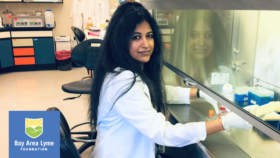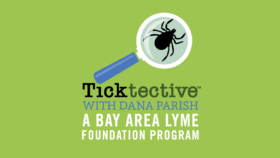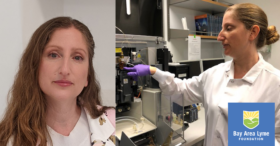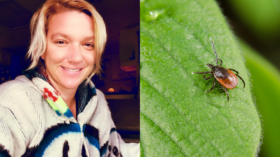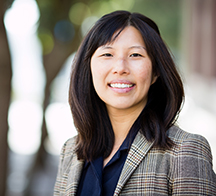FOR IMMEDIATE RELEASE
New Study Reveals Potential Treatment for Neurologic Lyme Disease
Blocking certain fibroblast growth factor receptors is shown to be effective in reducing inflammation and cell death caused by neurologic Lyme infection in laboratory studies
PORTOLA VALLEY, Calif. April 18, 2024—Bay Area Lyme Foundation, a leading sponsor of Lyme disease research in the US, recently announced the publication of a laboratory study showing that fibroblast growth factor receptor (FGFR) inhibitors may be appropriate as an anti-inflammatory supplementary treatment for neurologic Lyme disease, for which there are no universally effective treatments. Published in the peer-reviewed journal Frontiers in Immunology, this study shows FGFRs are activated in response to both live and non-viable Lyme bacteria in preclinical brain tissue models. Further, inhibition of FGFR1, FGFR2, and FGFR3 may help mitigate the neuroinflammatory and neuropathogenic effects of infection by the bacteria that causes Lyme disease, Borrelia burgdorferi.
“Our research shows a potential connection between neurological Lyme disease and several other neurological conditions, and this common pathway may explain why Lyme can be confused with many other conditions. Increasing our knowledge of FGFRs and their effect on the brain will help us understand the common mechanisms that may underlie Lyme disease and other neurological diseases,” said Geetha Parthasarathy, PhD, assistant professor at Tulane National Primate Research Center, Tulane School of Medicine, and a Bay Area Lyme Foundation 2019 Emerging Leader Award winner. “This data shows that FGFRs can be novel targets of anti-inflammatory therapeutics in Lyme patients with persistent neuroinflammation.”
“Our findings from this and our previous studies also offer important insight that may help to explain why some patients still experience chronic neurological symptoms even after a short course of antibiotics,” added Dr. Parthasarathy.
